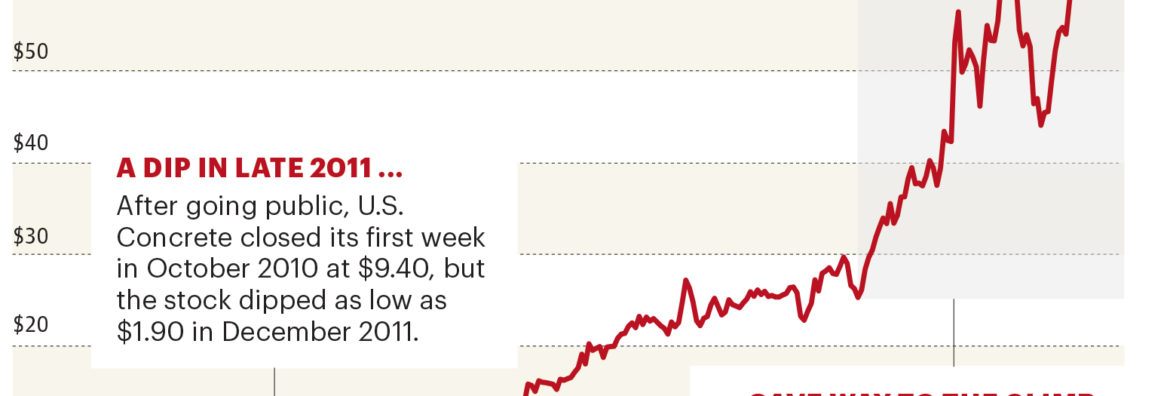In 2011, Wells Fargo was forced to pay $85 million in fines for selling higher interest rate mortgages to customers who should have qualified for lower rates, and falsifying loan applications in the process.
Not five years later, Well Fargo finds itself faced with a strikingly similar scandal. Last Thursday the bank announced that it reached an agreement with the Consumer Financial Protection Bureau (CFPB) to the tune of $185 million in fines for opening deposit accounts and transferring funds without customers’ consent. This settlement started a landslide of commentary, calls for deeper investigations, increased regulation of the banking industry and questions around how such unethical behavior might become the norm of acceptable behavior across an entire organization.










